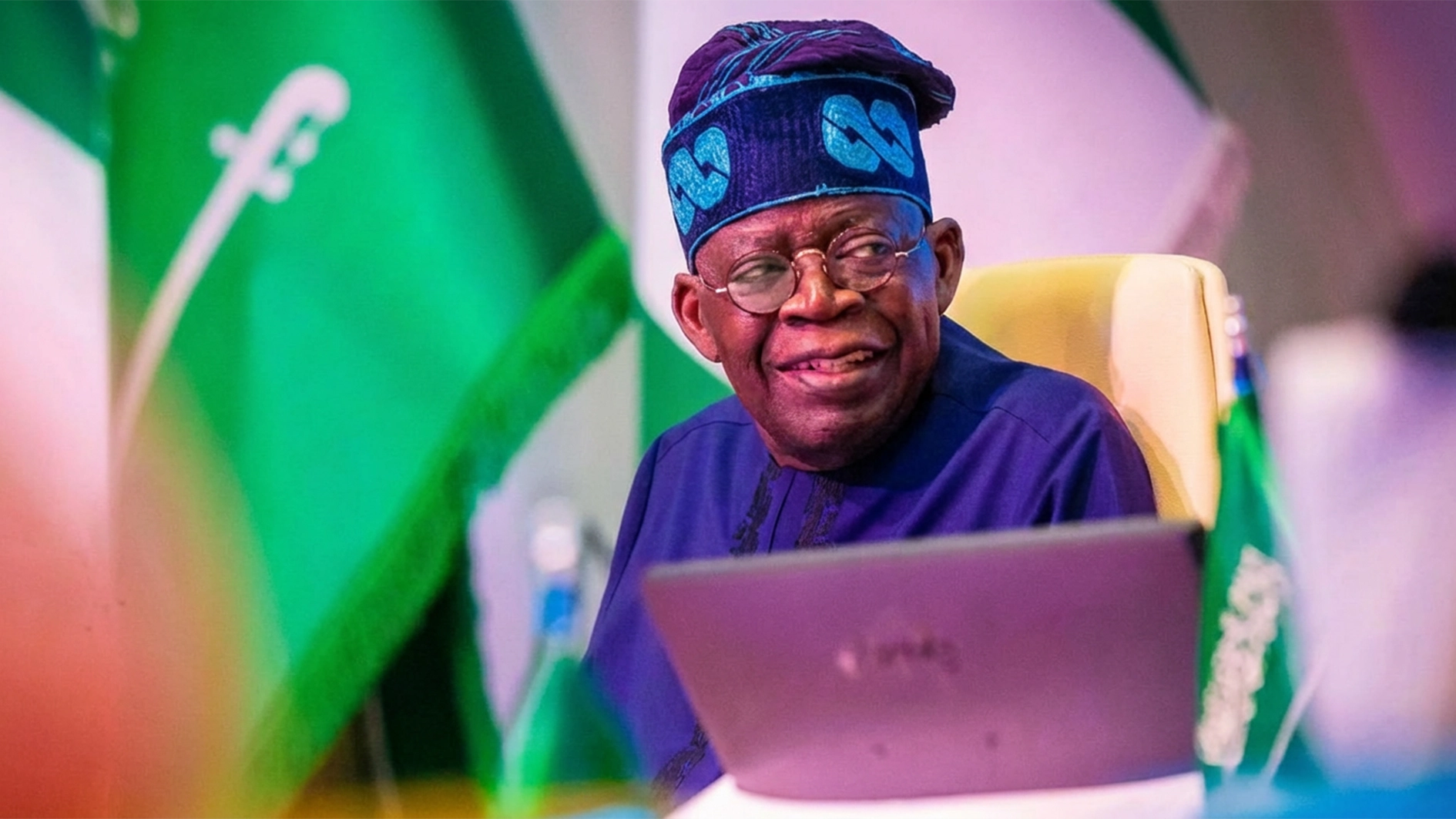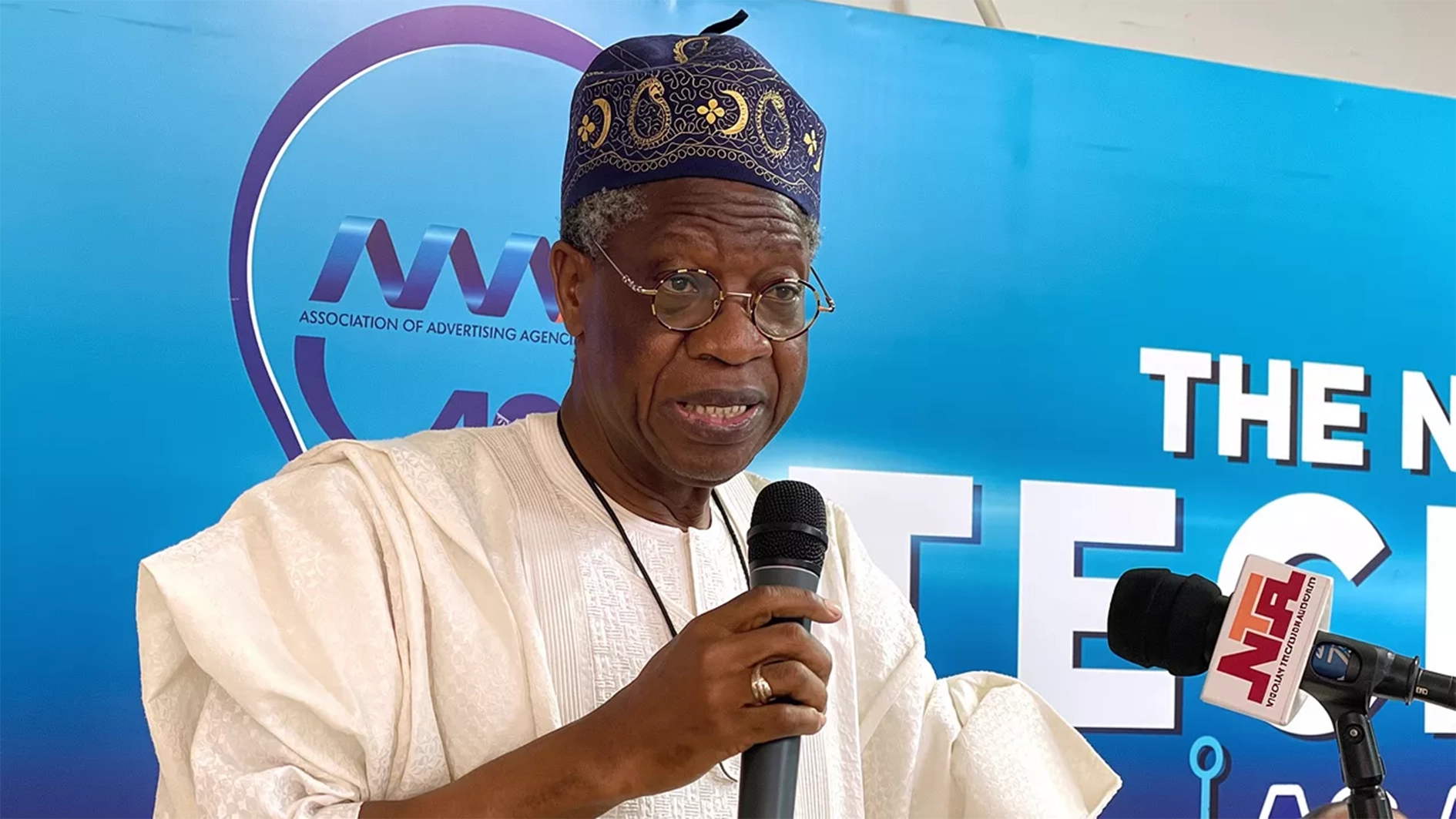The wife of the National Chairman of the All Progressives Congress (APC), Dr. Martina Yilwatda, has canvassed support for the reelection of President Bola Ahmed Tinubu ahead of the 2027 general elections, insisting that Nigeria’s women must take ownership of the process of inclusion, not merely demand it.
She argued that if women truly want expanded representation in governance, they must deliberately mobilise votes and political structures for their fellow women, rather than continue to lament under-representation while still campaigning for solely male aspirants.
Speaking at a meeting with members of the Women Leadership Network (WLN) on Sunday in Abuja, Dr. Yilwatda said the narrative of exclusion would change faster if women actively support other women who seek public office at the ward, state and federal levels.
“We must not only come out to work, we must come out to contest,” she stressed. “If we want a different narrative, the change must begin with us. We have to be deliberate.”
She explained that the WLN structure is being built to function nationwide — from states, to local governments, to political wards and polling units — to identify, mentor and encourage more women to run for office, while also preparing younger entrants for long-term political continuity.
Emphasising the need to establish WLN branches across the 36 states of the Federation, she called on older women politicians to mentor the younger ones, stressing that political legacy only makes sense when successors are nurtured.
Yilwatda also commended President Tinubu for what she described as his deliberate engagement with women under his Renewed Hope Agenda, arguing that his government has given more advisory space to women than previous administrations.
She urged APC women to defend this record in their communities, and to throw their full weight behind the President’s reelection project in 2027 as well as behind all APC candidates — from National Assembly to councillorship across the 36 states of the Federation.
Backing her remarks, the National Coordinator of WLN, Dr. Fauziya Buhari-Ado, said Nigeria stands at a defining moment in democratic evolution, and women must no longer remain spectators. She said WLN is not a platform of empty speeches, but a coalition focused on grassroots mobilisation, policy influence, and field-based enlightenment.
She noted that women drive Nigeria’s informal economy — from agriculture to trade — yet remain underrepresented in the country’s formal policy architecture. According to her, elections are not won on election day, but through sustained engagement.
“What we do today is about legacy,” she said. “Women must become architects of national progress, not passive beneficiaries.”






